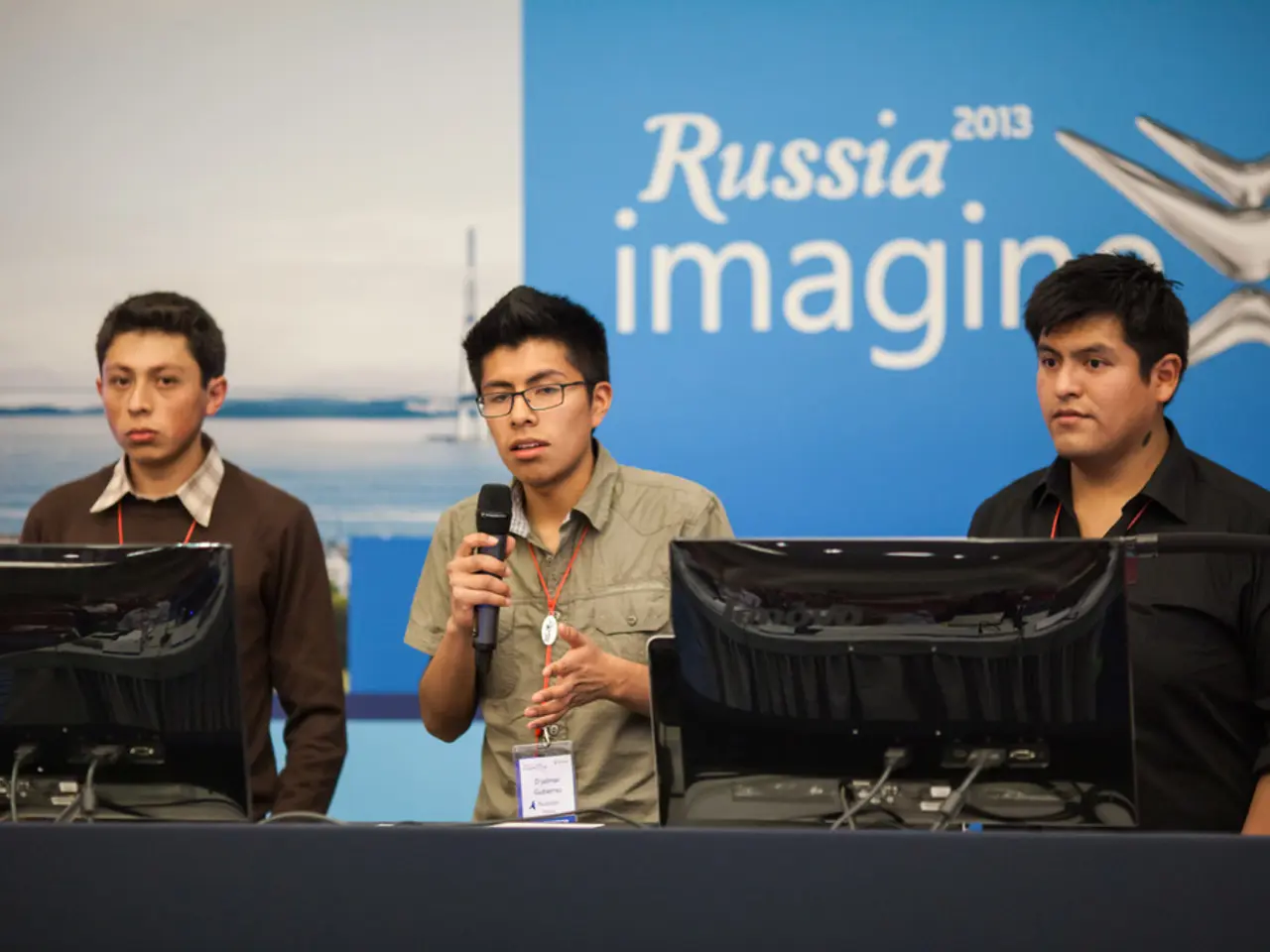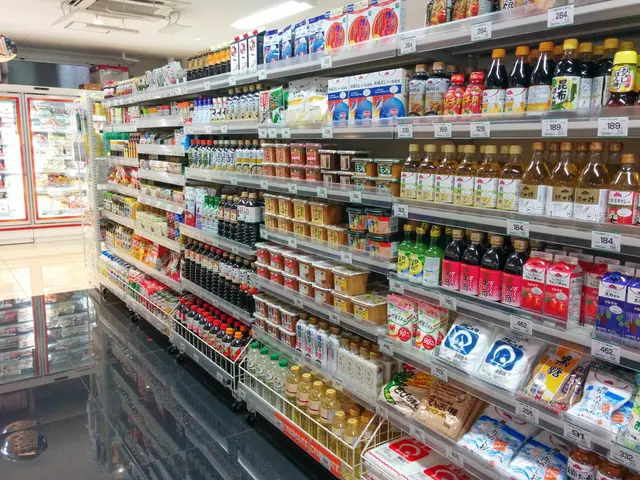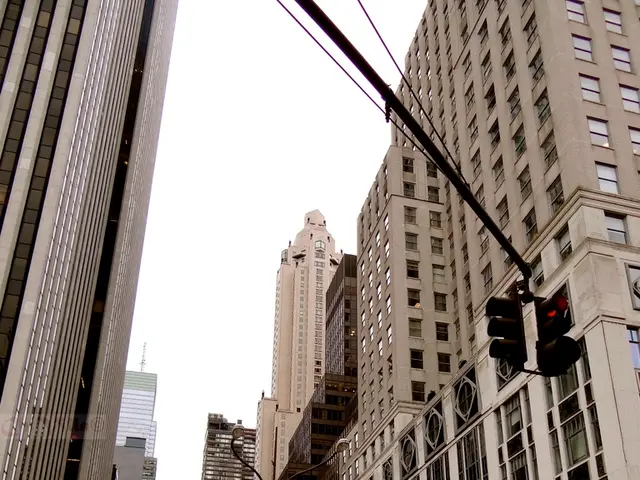European Union Prepares to Prohibit Liquefied Natural Gas Imports from Russia, Effective from 2027
The European Union (EU) is taking decisive action against Russia in response to escalating tensions and continued aggression in Ukraine. The EU Commission has proposed a significant tightening of sanctions against Moscow, aiming to strip it of the ability to wage war.
Russia's actions towards Ukraine have increased the threat to the EU, with the country financing its war efforts through revenues from the sale of fossil fuels. In an effort to curb this financing, the EU is planning stricter action against the use of cryptocurrencies to circumvent existing sanctions.
The proposed sanctions package includes measures such as denying further banks from Russia and friendly countries access to the EU capital markets. Additionally, the Russian credit card system (Mir) and the quick payment system SBP are targeted for sanctions.
The EU Commission also plans to advance the date for a full ban on imports of liquefied natural gas (LNG) from Russia into the EU, with the ban now set to come into effect as early as the beginning of 2027. This move comes as more than half of the gas imported by the EU from Russia comes as LNG.
In response to new heavy Russian air strikes on Ukraine, the EU perceives a lack of engagement with President Donald Trump's peace initiative and disregard for diplomacy and international law. The proposed sanctions are a response to this perceived disregard.
The EU Commission's current concept plans for the gradual phasing out and complete ending of Russian gas imports by the end of 2027. This includes a full import ban on oil, with the aim of reducing Europe's reliance on Russian energy sources.
However, not all EU countries are in agreement with the new sanctions. Some, like Hungary and Slovakia, have taken a rejecting stance towards certain sanctions, particularly regarding the import of Russian oil through pipelines like Druzhba.
The EU Commission has proposed listing more than 100 ships as part of the Russian shadow fleet, which will no longer be allowed to dock in EU states' ports or be insured, financed, or equipped by European companies. This affects around 560 ships in total.
The sanctions decisions must be made unanimously among the 27 EU countries. The EU's High Representative for Foreign Affairs, Kaja Kallas, states that Europe seeks peace for Ukraine but that Russia is escalating its aggression and violating EU borders.
US President Donald Trump has recently shown frustration with Putin's course and offered the Europeans the prospect of participating in new sanctions against Russia if they completely stop energy purchases from Russia.
In the first half of 2025, the EU imported liquefied natural gas from Russia worth almost 4.5 billion euros. Some countries, such as Germany, France, Nordic, and Eastern European countries, have advocated for a robust new sanctions package, while others, like Hungary, are critical of these new measures.
The proposed sanctions aim to weaken Russia's economic and military capabilities, ultimately contributing to a more peaceful and stable Europe. The EU's actions serve as a clear message to Russia that its actions towards Ukraine will not be tolerated.
Read also:
- Federal petition from CEI seeking federal intervention against state climate disclosure laws, alleging these laws negatively impact interstate commerce and surpass constitutional boundaries.
- Duty on cotton imported into India remains unchanged, as U.S. tariffs escalate to their most severe levels yet
- "Delaware County residents express discontent over SEPTA service reductions, asserting they won't increase taxes to bridge the budget gap"
- EU imposes 19th round of sanctions against Russia following Trump's conversation with von der Leyen








